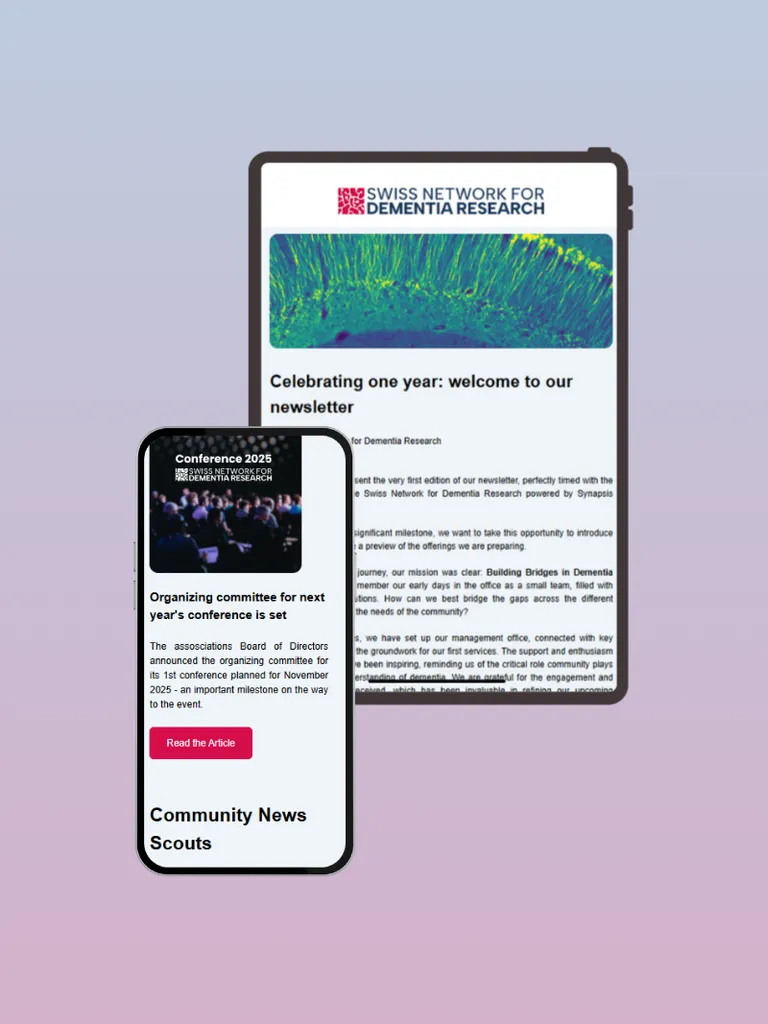Behind the network: an inside look at the team
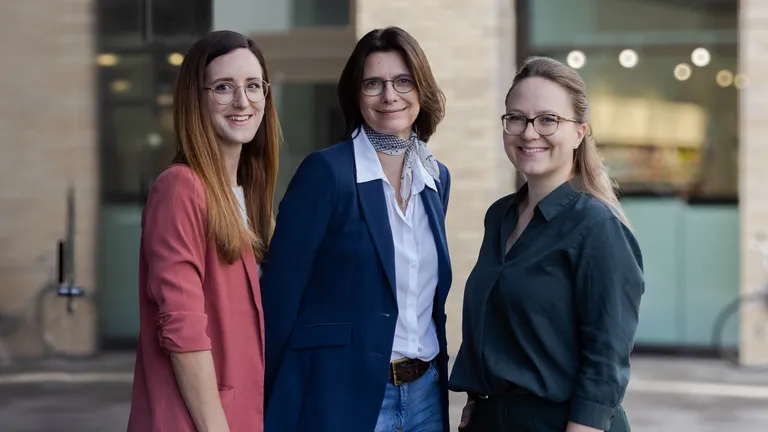
As part of our Spotlight series (we call it #MemberMonday on social media), we would like to introduce our dedicated team that works daily at the Swiss Network for Dementia Research to advance dementia research in Switzerland through a connected community. In an interview, Heide Marie Hess, Dr. Flavia Müller, and Lea Hössler share what excites them about their work and how they view the mission of the association.
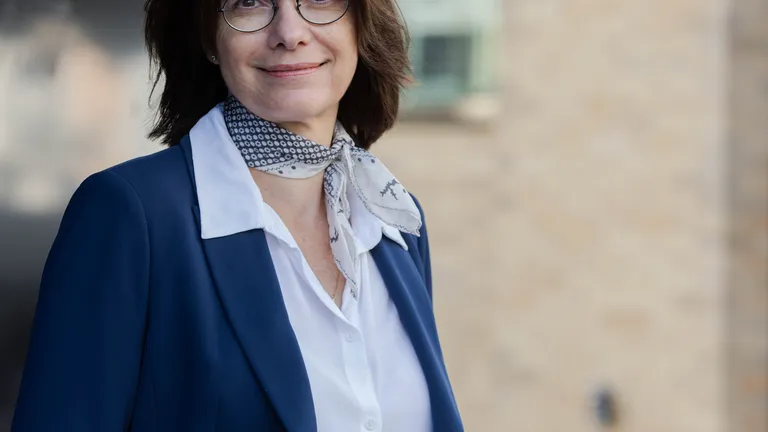
Heide Marie Hess
Director of the association and Liaison Officer Research at the Synapsis Foundation
What motivated you to be a driving force in the management team of the association?
I have been accompanying the association since its inception and have witnessed the process from the initial idea to its founding. During this time, I was able to gain valuable experiences that I now bring to the implementation of the association's goals. We particularly benefit from the existing network Dementia Research Switzerland – Synapsis Foundation has built over the last years.
What goal are you pursuing in your position?
Unfortunately, there is no government program in Switzerland that specifically supports the networking of dementia researchers. My vision is to build a vibrant community dedicated to dementia research. Thereby we aim to promote new collaborations across various disciplines and establish an incubator for innovative ideas and fresh approaches in dementia research. In the end we intend to speed up the translation of research findings into clinical practice.
The association announced a community platform on its public channels. What’s the story behind it, and what possibilities does it offer?
The platform will be a central hub for making resources for dementia research in Switzerland more visible, promoting exchange and sharing news. The challenge lies in presenting all relevant information in a bundled and easily accessible way while ensuring a lively exchange. However, personal contacts remain essential - which is why we also rely on events to promote exchange across disciplines.
What aspect of your job do you find most inspiring?
Building something completely new is hugely exciting. We aim to create a home for dementia research in Switzerland from scratch. This allows us to come up with new ideas and creative solutions, and it gives me great pleasure to work on this together with a motivated team and the support of the community.
Which personal fact about yourself could you share with us?
I enjoy discovering new countries. Asia is my favorite destination. Not only do I find it very enriching to get to know new cultures. It also grounds you and makes you appreciate life in Switzerland in a completely different way - with all its advantages and disadvantages.
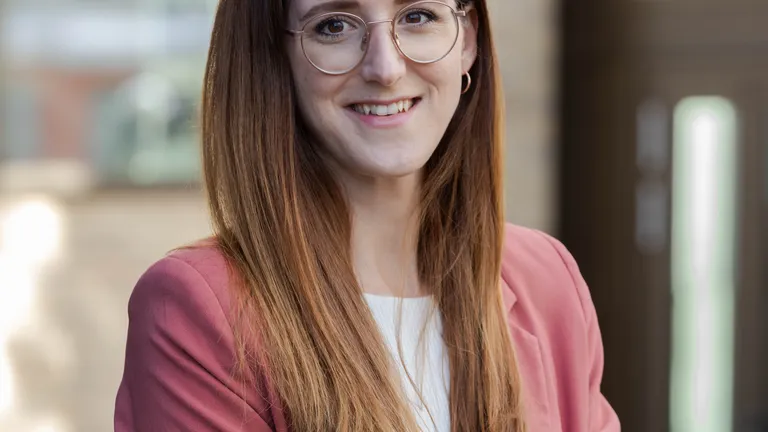
Dr. Flavia Müller
Scientific Coordinator at the association
What attracted you to working in the association?
I wanted to pursue my passion for science and research in a non-profit environment. Moving from industry to the non-profit sector was a conscious decision for me that better aligned with my values.
What was your research interest during your time in research?
During my master’s thesis, I focused on the physical, mental and cognitive health of geriatric patients and gained my first insights into living with dementia. In my PhD, I investigated prenatal infections as a risk factor for neuropsychiatric developmental disorders. I used a mouse model to show how infections during pregnancy can impair fetal brain development and later promote disorders such as schizophrenia.
What challenges do you see in the interdisciplinary networking of scientists?
Networking is a central component of research but is often neglected - especially because of the intensive work in the lab. One major challenge is interdisciplinary collaboration, especially between basic scientists and clinicians. People often stay in their “research bubble” and network with like-minded people rather than promoting exchange across disciplines.
What motivates you the most in your work?
I am part of a small team that is passionately committed to a common goal. I find the variety of tasks and the close collaboration with researchers and clinicians particularly exciting.
Where do you see the greatest potential in networking?
The greatest potential lies in interdisciplinary collaboration. If researchers and clinicians work more closely together, research results can be transferred into practice more quickly.
What interesting fact about yourself could surprise us?
I am an adventurer and love to live out my adventurous spirit while traveling. My last destination was Georgia, where I explored the impressive Caucasus Mountains, stayed with locals and had interesting encounters with local guides and cab drivers.
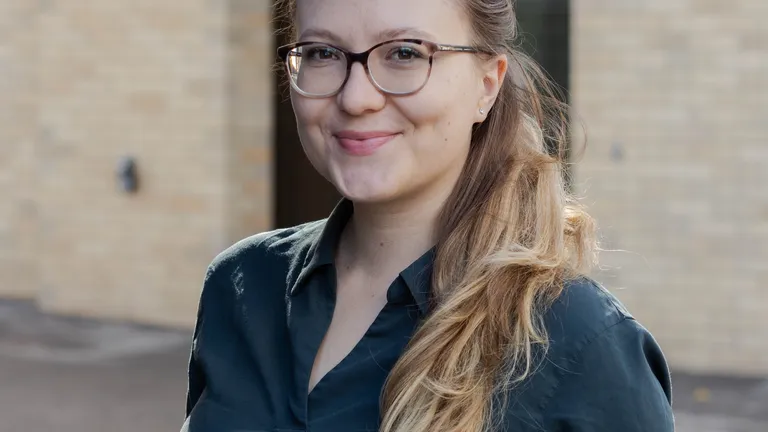
Lea Hössler
Communication Specialist at the association
What sparked your interest in becoming part of the association?
I have a personal connection to dementia through caring for my grandmother, who had Alzheimer's disease. It was a natural decision for me to work in communications for dementia research after my initial professional experience in industry.
It means a lot to me that I can provide communicative support for a topic that is close to my heart. My work is not about maximizing profits, but about doing something good and making a difference, albeit a small one.
What brings you the most excitement in your role?
The work in communications is very varied. As we are building the association from the ground up, we have a lot of freedom. It's like playing in a new sandbox - you can be creative without having to take existing structures into account.
Where do you see the biggest challenges in the online community?
Our target group is very heterogeneous. We want to reach researchers in dementia research as well as related disciplines. The challenge will be to unite all these interest groups on our platform and at the same time ensure a lively exchange.
What fact would you like to share about yourself?
Back then, I applied for several degree courses - from law and art history to business studies and psychology - and was offered a place on each. In the end, I decided on Communication Science on instinct and have never regretted it. My degree course was so interdisciplinary that I gained something from everything. And today I have the coolest job of all!
